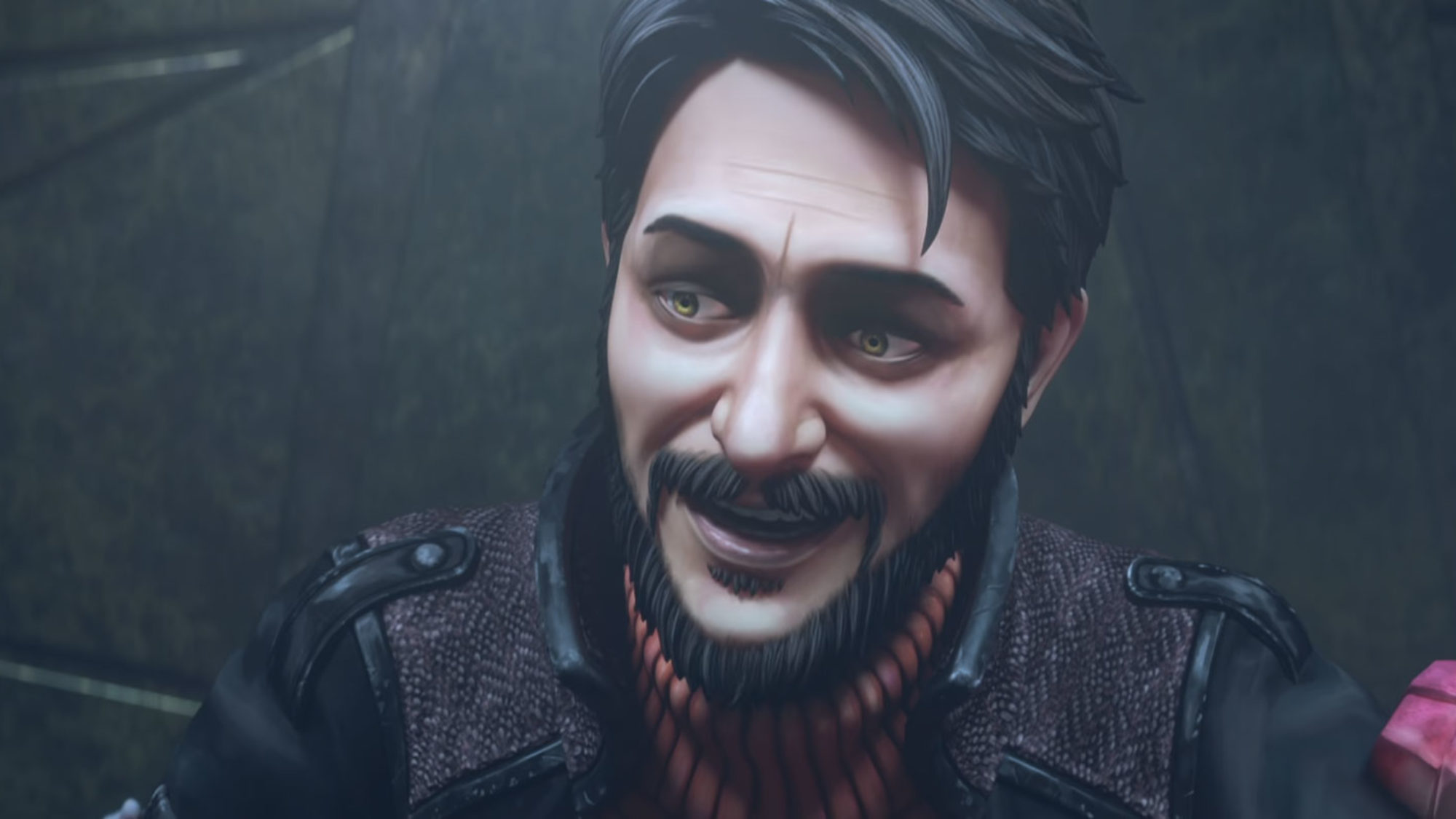Wil Wheaton - A Look At A Public Life
For many, the name Wil Wheaton brings to mind a young actor, a familiar face from films that captured a particular moment in time, perhaps 'Stand By Me' being the one that stands out. It's almost as if his early work left a deep impression on many people who watched him grow up on screen. There is a sense, too, that his performances, especially as Gordie, might have been shaped by some very personal and difficult experiences, with talk of him drawing on emotional abuse from his family life to give that character its depth. That kind of connection between an actor's own feelings and their portrayal of a role is, you know, something that often fascinates those who follow the lives of public figures.
The public has, in some respects, watched Wil Wheaton for a very long time, observing his path from a young performer to an adult with a distinct voice. There are, apparently, many who have seen images of him, alongside other young actors like Brad Renfro, captured in those photo sessions that studios and magazines would arrange, perhaps for teen publications. These glimpses into the lives of young people in the public eye often lead to a lot of discussion and, quite naturally, a lot of speculation about their personal journeys and how they might have changed over the years.
It seems that Wil Wheaton, over time, has developed a certain public persona, one that some might describe as carrying some past burdens. This sense of feeling a bit put out or perhaps having a few grievances from earlier days is something that has been noted by those who follow his career. It's interesting, really, how observers often compare his disposition to that of other actors who started out young, like Henry Thomas, seeing a similar kind of, you know, world-weariness. The way these individuals present themselves, after spending so much of their lives in the public eye, is something many find quite compelling to think about.
- I9 Sports Flag Football
- Anthropologie Walt Whitman
- Mark Kohaykewych
- Shuckers Restaurant Miami
- Calvary Taos
Table of Contents
- Biography of Wil Wheaton
- Personal Details and Bio Data
- How Do Early Experiences Shape Wil Wheaton?
- The Emotional Depth of a Performer
- What Is the Public Perception of Wil Wheaton?
- Wil Wheaton and the Media Spotlight
- Has Wil Wheaton Found a New Path?
- Wil Wheaton and His Continuing Presence
Biography of Wil Wheaton
Wil Wheaton's journey in the public eye began at a very young age, making a name for himself in a couple of truly memorable productions. His portrayal of Gordie in the film 'Stand By Me' is, quite honestly, a performance that many people remember vividly, capturing the essence of a young person's growth and discovery. That film really showcased his capacity for serious acting, setting a stage for what seemed like a promising career path. Later on, he became a familiar face to a whole new audience as Wesley Crusher in the science fiction television series 'Star Trek: The Next Generation,' which, as a matter of fact, cemented his place in popular culture for a generation of fans. His career, naturally, has seen its share of changes and transformations, moving from those early, highly visible roles to a variety of other projects, including voice work and writing, too.
Through the years, Wil Wheaton has kept himself busy with a range of different endeavors, showing a versatility that some might not expect from someone who started out as a child actor. He has appeared in various television shows and films, often taking on parts that allowed him to explore different sides of his acting abilities. Beyond his on-screen work, he has also made a name for himself in the world of online content and as an author, sharing his thoughts and experiences with a broad audience. It's pretty clear that his involvement in the 'Star Trek' universe, in particular, has remained a significant part of his identity, allowing him to connect with fans at conventions and through other appearances, which, you know, keeps that connection alive.
His professional life, like many who have been in the public eye for a long time, has had its moments of quiet and its moments of great activity. The transition from a child performer to an adult working in the entertainment business is, typically, a path filled with its own set of challenges and opportunities. Wil Wheaton has, in a way, navigated these changes, finding new ways to express himself and connect with people. He has, for instance, used his platform to speak about various topics that matter to him, showing a commitment to sharing his personal views and experiences, which, honestly, has resonated with many of his followers.
- Whitetail Heaven Outfitters
- Romeos Hillside
- Zeal Boutique Pascagoula Ms
- Nike Humara Undefeated
- Zobrist Design Group
Personal Details and Bio Data
Here is some information regarding Wil Wheaton, drawn from public observations and his own sharing:
| Detail | Information |
|---|---|
| Full Name | Richard William Wheaton III |
| Known For | Acting, writing, voice work, online content creation |
| Notable Early Role | Gordie Lachance in 'Stand By Me' |
| Notable Television Role | Wesley Crusher in 'Star Trek: The Next Generation' |
| Marital Status | Comfortably married |
| Public Identity | Openly shares his pronouns on social media, often described as "very woke" |
How Do Early Experiences Shape Wil Wheaton?
It's often said that our earliest experiences leave a lasting mark, and for Wil Wheaton, that seems to be particularly true, especially when we consider his work in 'Stand By Me.' He has spoken about taking very personal, very difficult emotional experiences, specifically some challenging treatment from his parents, and pouring that raw feeling into his portrayal of Gordie. This act of drawing on real-life pain to give a character a sense of truth is, naturally, a powerful thing for an actor to do. It suggests that the pressures of growing up in the spotlight, combined with private struggles, can shape a young person in profound ways, creating a deep well of emotion to draw from, you know, for their craft.
The lives of young performers are, quite frankly, often subject to intense scrutiny and unique pressures that most people don't experience at such an early age. There are, for instance, many observations about similar photographs of young actors like Brad Renfro and Wil Wheaton, suggesting a shared experience of being presented to the public by studios and magazines. These early exposures, typically for teen publications, mean that much of their formative years are spent under a very bright light. This kind of upbringing, basically, can lead to a distinct perspective on life and the world, influencing how they see themselves and how they interact with others as they get older, which, you know, makes sense.
The way these early experiences are processed and expressed can differ greatly from person to person, but for someone like Wil Wheaton, it appears to have been channeled directly into his creative work. This capacity to transform personal hardship into something artistic is, in a way, a testament to resilience, even if it comes with its own set of lasting effects. It's interesting, too, to consider how those intense moments from childhood can continue to influence a person's public demeanor and private thoughts for many years to come. That, is that, something we often see with individuals who achieve fame at a very young age.
The Emotional Depth of a Performer
When an actor can reach deep inside and pull out genuine feelings for a role, it creates a connection with the audience that is, quite honestly, very hard to fake. Wil Wheaton's reported use of his own emotional struggles to inform his character as Gordie in 'Stand By Me' speaks to a remarkable capacity for emotional honesty in his work. It’s almost as if he was able to take the weight of his personal world and give it a visible form on screen, allowing viewers to feel the character's vulnerabilities and strengths more keenly. This kind of performance, basically, comes from a place of real feeling, which, you know, makes it incredibly impactful.
Performers who draw on their own life experiences for their art often create some of the most memorable and affecting portrayals. The ability to access and express such personal pain, or joy, or confusion, is a skill that can be developed through a lifetime of living, but for young actors, it's a particularly raw and immediate process. For Wil Wheaton, that early connection between his inner world and his outer performance likely set a pattern for how he approached his work, even if it was, in some respects, a very challenging way to start out. It shows a dedication to the craft that goes beyond simply reciting lines, really.
This kind of emotional depth is, typically, what makes a performance resonate with people long after they've seen a film. It's the feeling that what you're watching is not just acting, but a piece of someone's true self laid bare. The idea that Wil Wheaton, at such a tender age, could tap into something so profound and personal for his role as Gordie is, quite simply, something that continues to be a point of discussion for those who admire his early work. It highlights, too, the often unseen emotional labor that goes into bringing characters to life, especially when those characters are experiencing intense moments, you know.
What Is the Public Perception of Wil Wheaton?
Over the years, the public's view of Wil Wheaton has, apparently, shifted and evolved, with some observers noting a distinct change in his demeanor. There's a common observation that he appears to carry a certain weight, perhaps a sense of long-held grievances, which some might describe as a feeling of bitterness. This perception is, in a way, quite fascinating to many people, especially those who have followed his career from its very beginnings. It leads to discussions about how early fame and the pressures of the entertainment business can shape an individual's outlook on life and their interactions with the world around them, you know, over time.
It's not uncommon for those who have grown up in the public eye to develop particular ways of expressing themselves, and for Wil Wheaton, this has, in some respects, led to comparisons with other actors from similar backgrounds. Henry Thomas, for instance, is another performer whose public disposition is sometimes seen as reflecting a similar kind of world-weariness or a feeling of being slightly put out by past experiences. The fact that people find this comparison utterly compelling suggests a broader interest in the psychological effects of child stardom and the lasting impact it can have on a person's personality and public presentation, basically.
This public perception, whether it's entirely accurate or simply an interpretation, certainly adds layers to Wil Wheaton's public persona. It means that when people think of him, they're not just thinking of the characters he played, but also of the person he seems to be, as observed through interviews, social media, and other public appearances. The way he communicates his thoughts and feelings, particularly about his past, has, quite frankly, shaped how many people view him today. It’s a reminder that public figures are complex individuals, and their journeys are often much more nuanced than what meets the eye, really.
Wil Wheaton and the Media Spotlight
The journey of a young actor often begins with a very bright media spotlight, and for Wil Wheaton, this was certainly the case. There are, as a matter of fact, many similar photographs of young performers like Brad Renfro and Wil Wheaton that show them in poses presumably arranged by studios and magazines. These shoots were, typically, for popular teen publications, aiming to introduce these young faces to a broader audience and build their public image. This constant exposure, from a very early age, means that much of their personal growth happens under the watchful eye of the public and the media, which, you know, can be a lot for a young person.
The media plays a significant role in shaping how child stars are perceived, often creating an image that might not fully capture the complexity of their real lives. These carefully crafted photo opportunities and magazine features contribute to a narrative that follows these young individuals throughout their careers. For Wil Wheaton, this early immersion in the media machine likely influenced how he learned to present himself and how he came to understand his own public identity. It's almost as if the very early moments of his career were defined by how others wanted to present him, rather than how he might have chosen to present himself, naturally.
The lasting impact of growing up with such intense media attention is, quite frankly, something that many former child actors speak about. It can affect everything from their personal relationships to their sense of self-worth, as their private lives become, in some respects, public property. The way studios and magazines worked to promote these young talents, while beneficial for their careers at the time, also created a unique set of circumstances that shaped their development. It's a reminder that the glamour of the spotlight often comes with its own set of challenges, really, for those who experience it from a very young age.
Has Wil Wheaton Found a New Path?
After experiencing the ups and downs that come with a long career in entertainment, it appears Wil Wheaton has, in a way, found a more settled place in his personal life. The observation that he is "comfortably married" suggests a sense of stability and contentment that might offer a contrast to some of the earlier public perceptions about his disposition. This personal grounding is, typically, a significant factor in how individuals navigate their professional lives and public identities. It's almost as if finding peace in his private world has allowed him to approach his public self with a different kind of openness, you know.
In terms of his public identity, Wil Wheaton has, apparently, embraced a very modern and open approach, with many describing him as "very woke." This is particularly evident in his choice to share his pronouns on his social media platforms, like Instagram. This act of openly stating his personal identity is, quite frankly, a clear signal of his values and his commitment to inclusivity. It shows a willingness to be transparent about who he is and what he believes in, which, basically, resonates with a lot of people in today's world. This kind of public stance suggests a person who has thought deeply about their place in the world and how they want to present themselves.
The path of a public figure is rarely a straight line, and for Wil Wheaton, there have been moments described as career slumps, particularly after certain film projects. However, the current observations about his personal life and public identity suggest a person who has, in some respects, found new ways to engage with the world and his audience. This evolution from earlier struggles to a more settled and self-aware individual indicates a journey of personal growth and adaptation. It's pretty clear that his focus has shifted, allowing him to define his own terms for how he lives and works, really.
Wil Wheaton and His Continuing Presence
Despite the passage of time and the changes in his career, Wil Wheaton maintains a consistent presence in the public consciousness, particularly for those who grew up watching him. His enduring connection to the 'Star Trek' universe is, quite honestly, a major part of this, as evidenced by his continued association with fellow cast members like Brent Spiner, Jonathan Frakes, Marina Sirtis, and others. This long-standing bond with such a beloved franchise means that he remains
- Mark Kohaykewych
- Durochers Monroe
- Hong Kong International Airport Photos
- American Meadows Nursery
- Dirt Juicery Green Bay

Wil SG | Switzerland Tourism

Los Angeles, California, USA. 8th Sep, 2021. Wil Wheaton attends

Star Trek: Prodigy Showrunners Discuss Wil Wheaton Joining Season 2